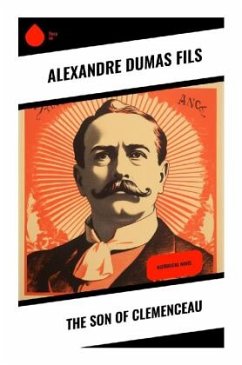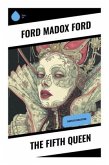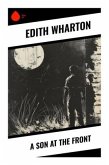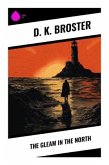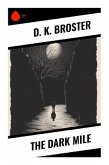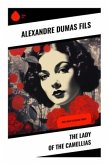In "The Son of Clemenceau," Alexandre Dumas fils weaves a compelling narrative that explores themes of identity, familial legacy, and the societal expectations of the 19th-century French bourgeoisie. This poignant novel is marked by Dumas's characteristic lyrical prose and keen psychological insight, as it follows its protagonist grappling with the weight of his father's political prowess and public persona. The backdrop of social upheaval and the intricate interplay of personal and public life provide a rich context for this exploration of selfhood amidst clashing ideologies. Dumas fils, the son of the illustrious Alexandre Dumas, benefitted from a unique perspective on honor and social complexity, being both part of the literary elite and the son of a prominent figure in French literature. His experiences in an era of tumultuous change undoubtedly shaped his understanding of familial and societal pressures, prompting a deep dive into the emotional struggles that accompany greatlegacies. This personal connection to the themes enriches Dumas's narrative with authenticity and depth. I highly recommend "The Son of Clemenceau" to readers seeking an introspective journey through the dynamics of family and society. With its eloquent prose and substantive themes, this novel not only reflects the era's challenges but also resonates with contemporary discussions surrounding legacy and identity.
Bitte wählen Sie Ihr Anliegen aus.
Rechnungen
Retourenschein anfordern
Bestellstatus
Storno

